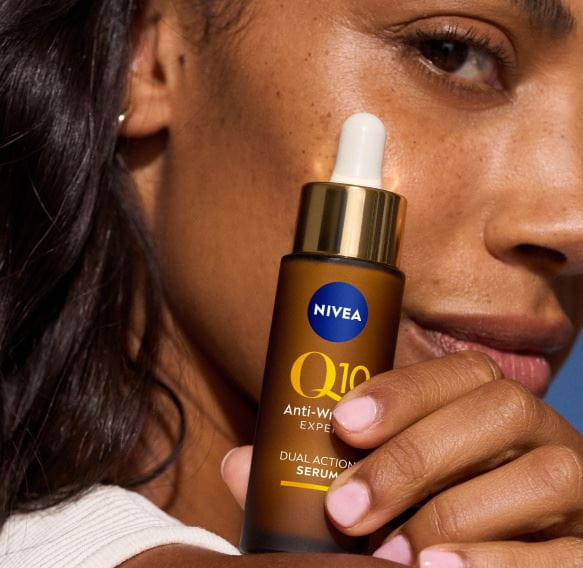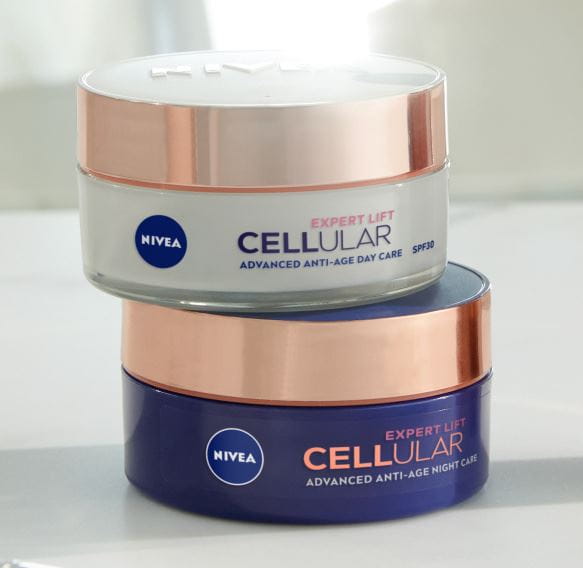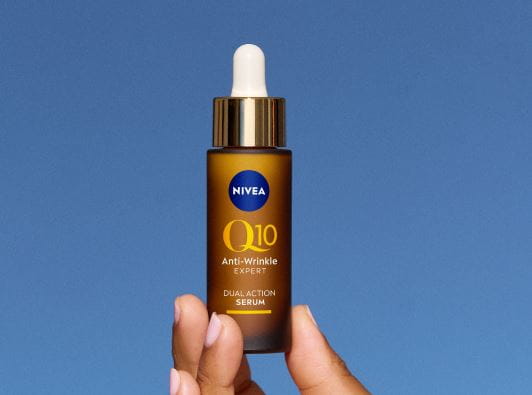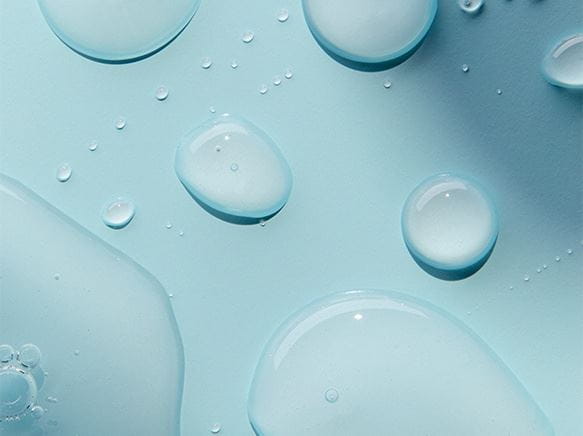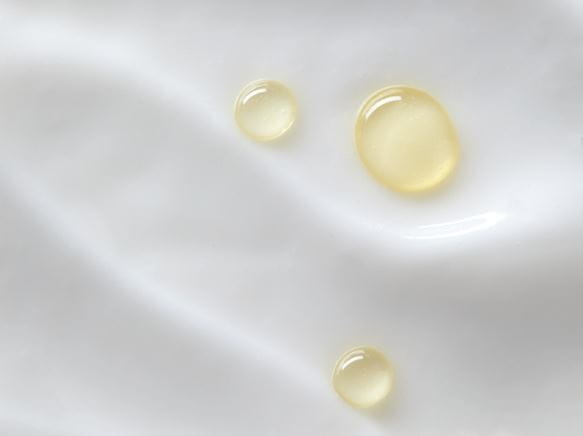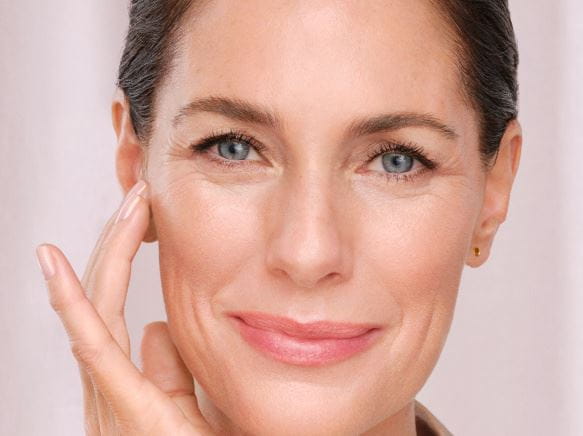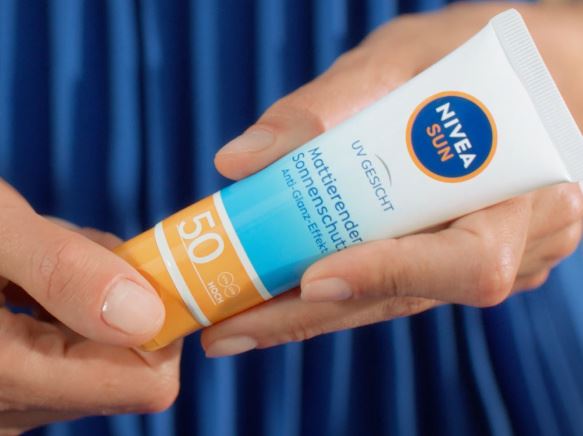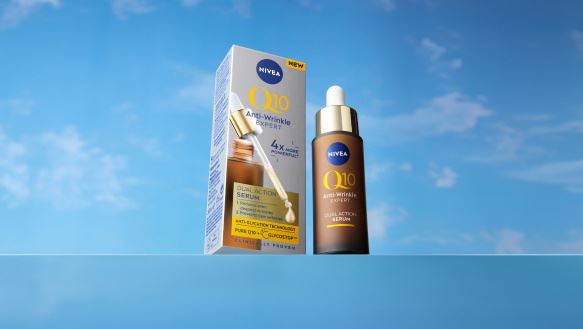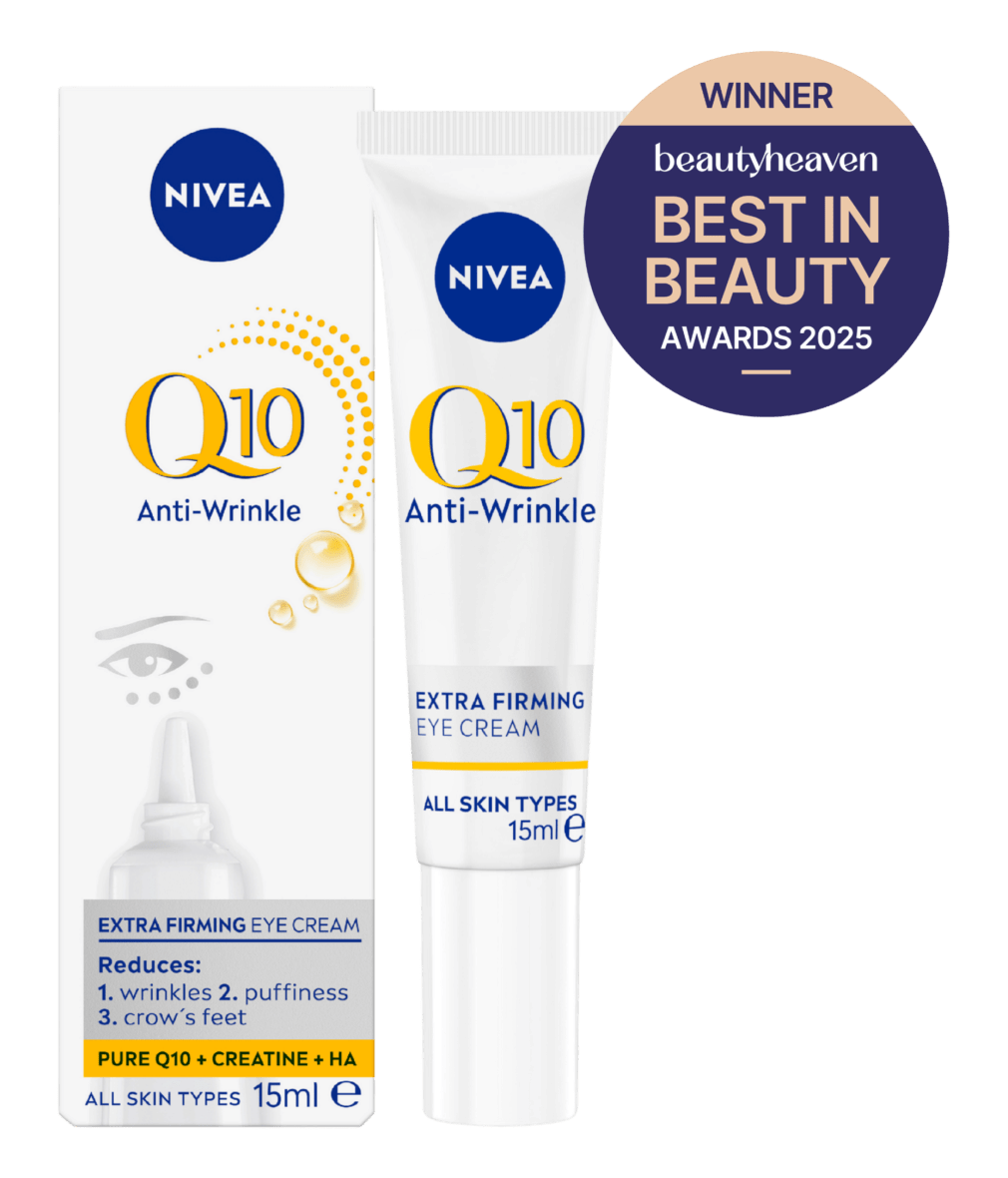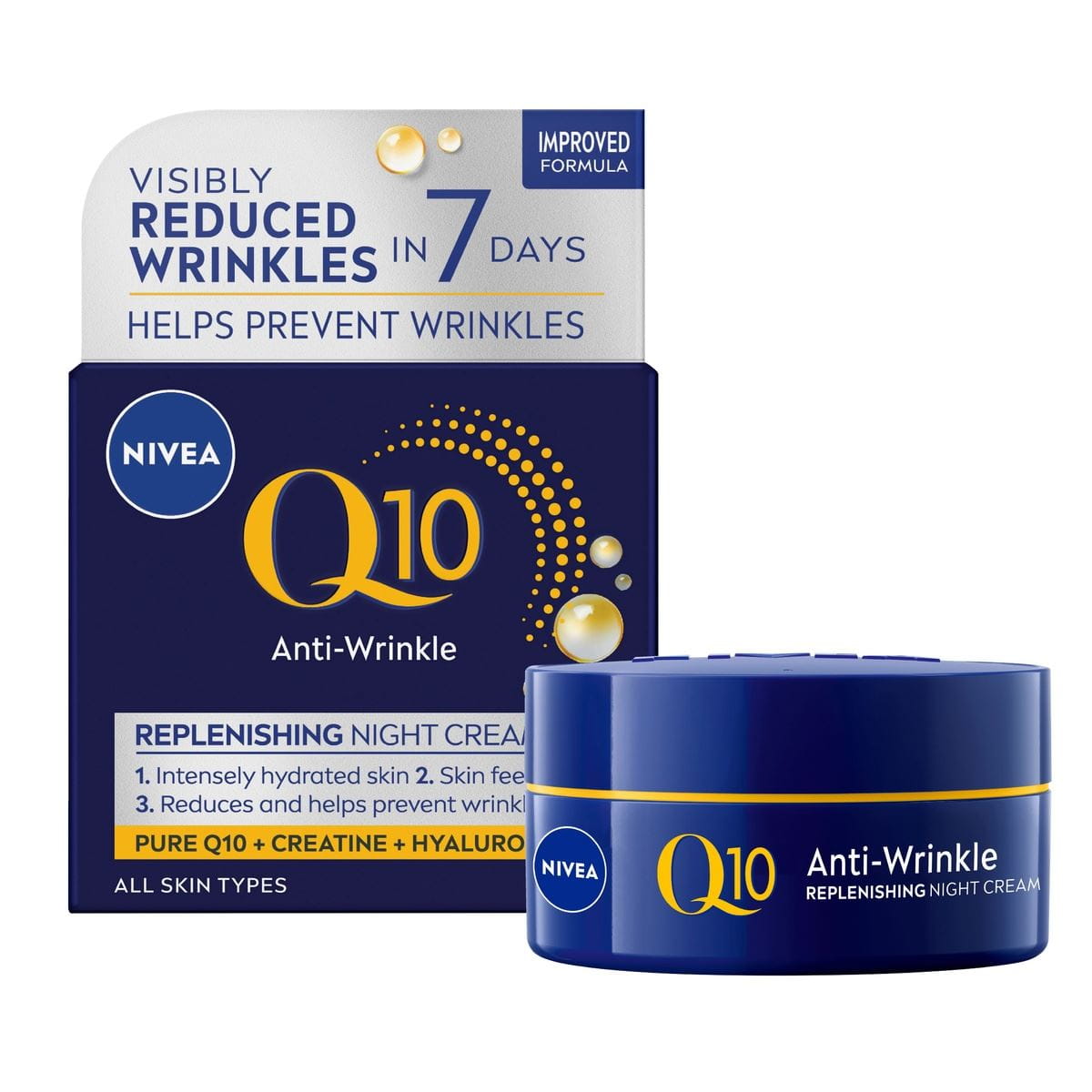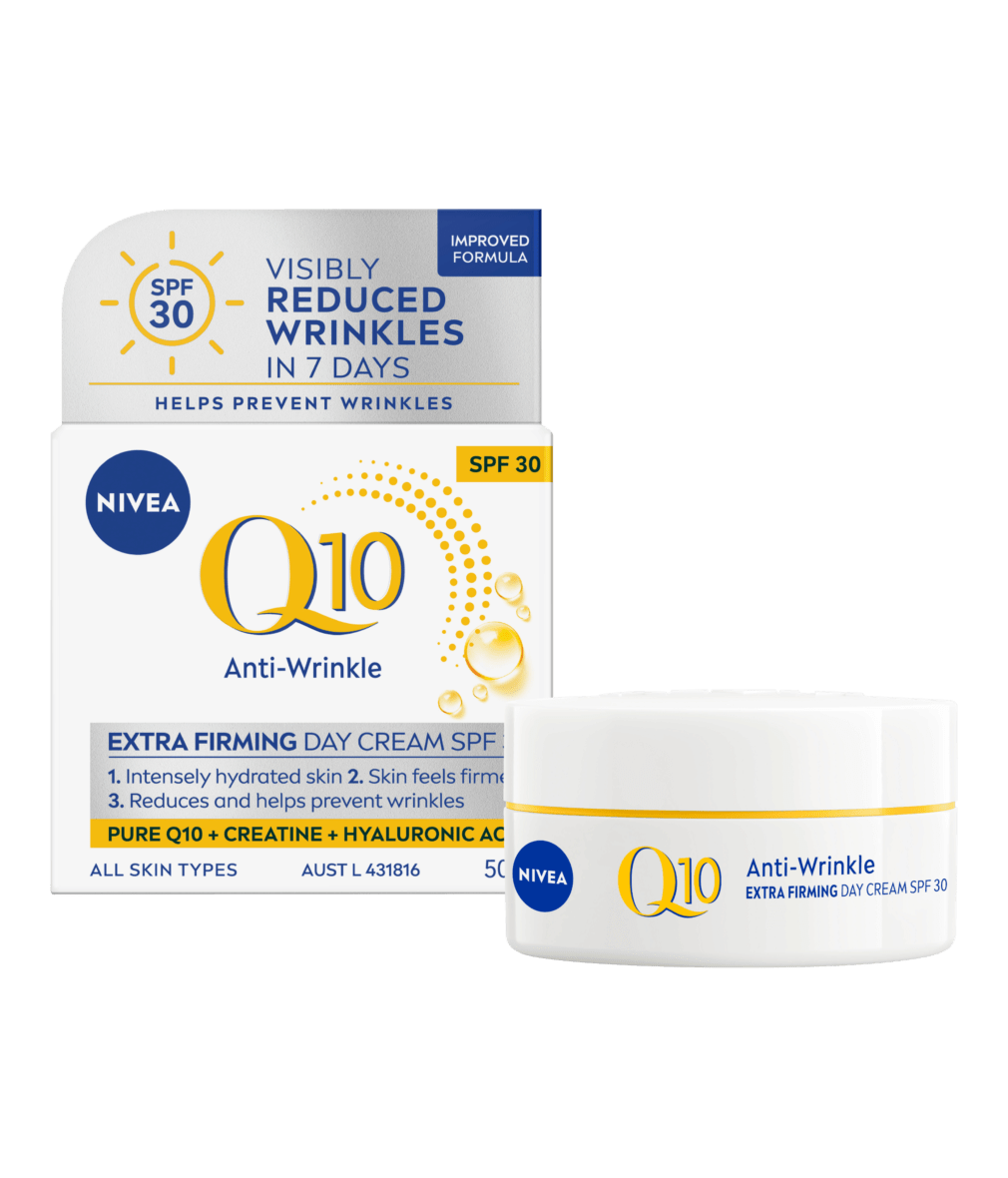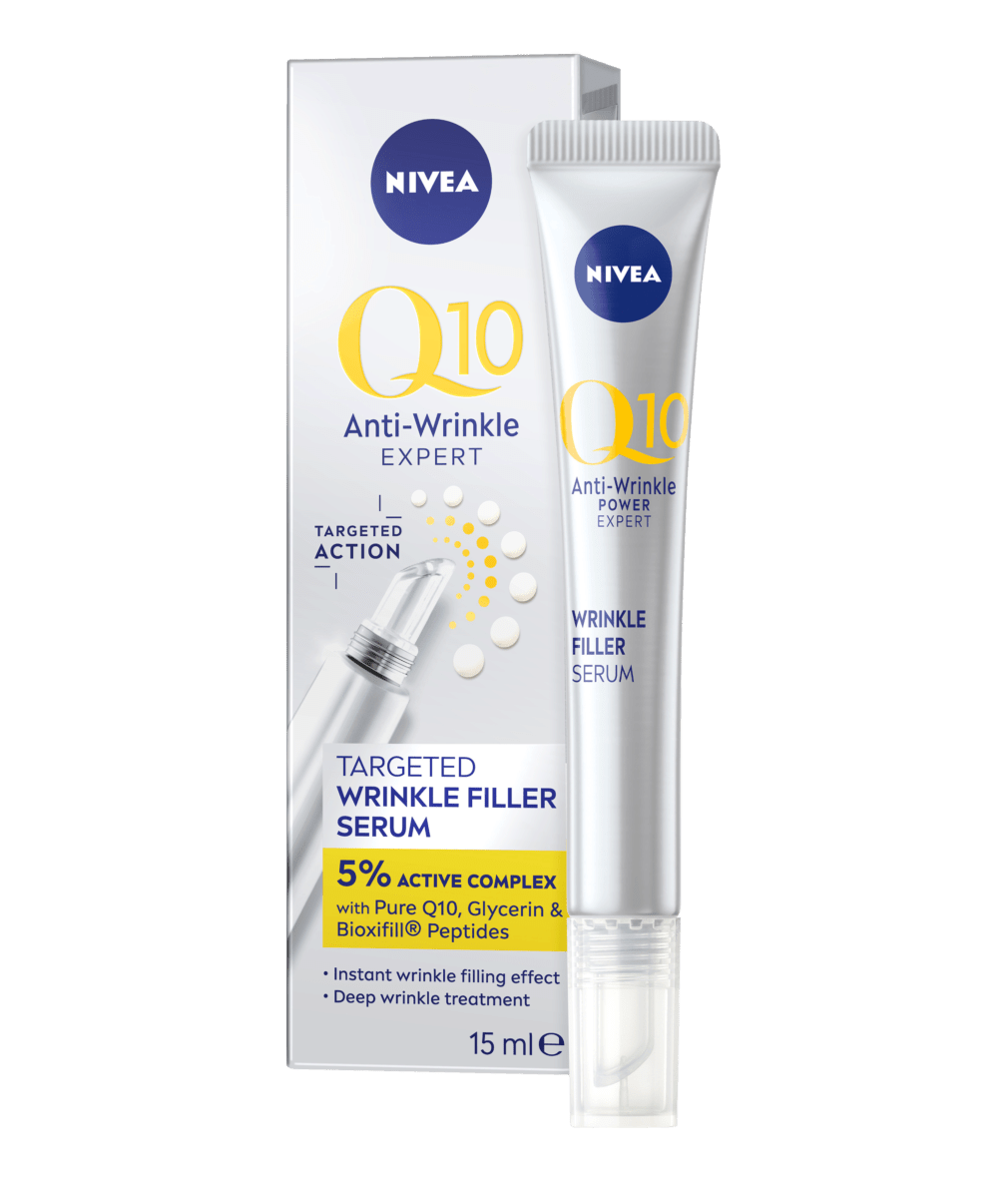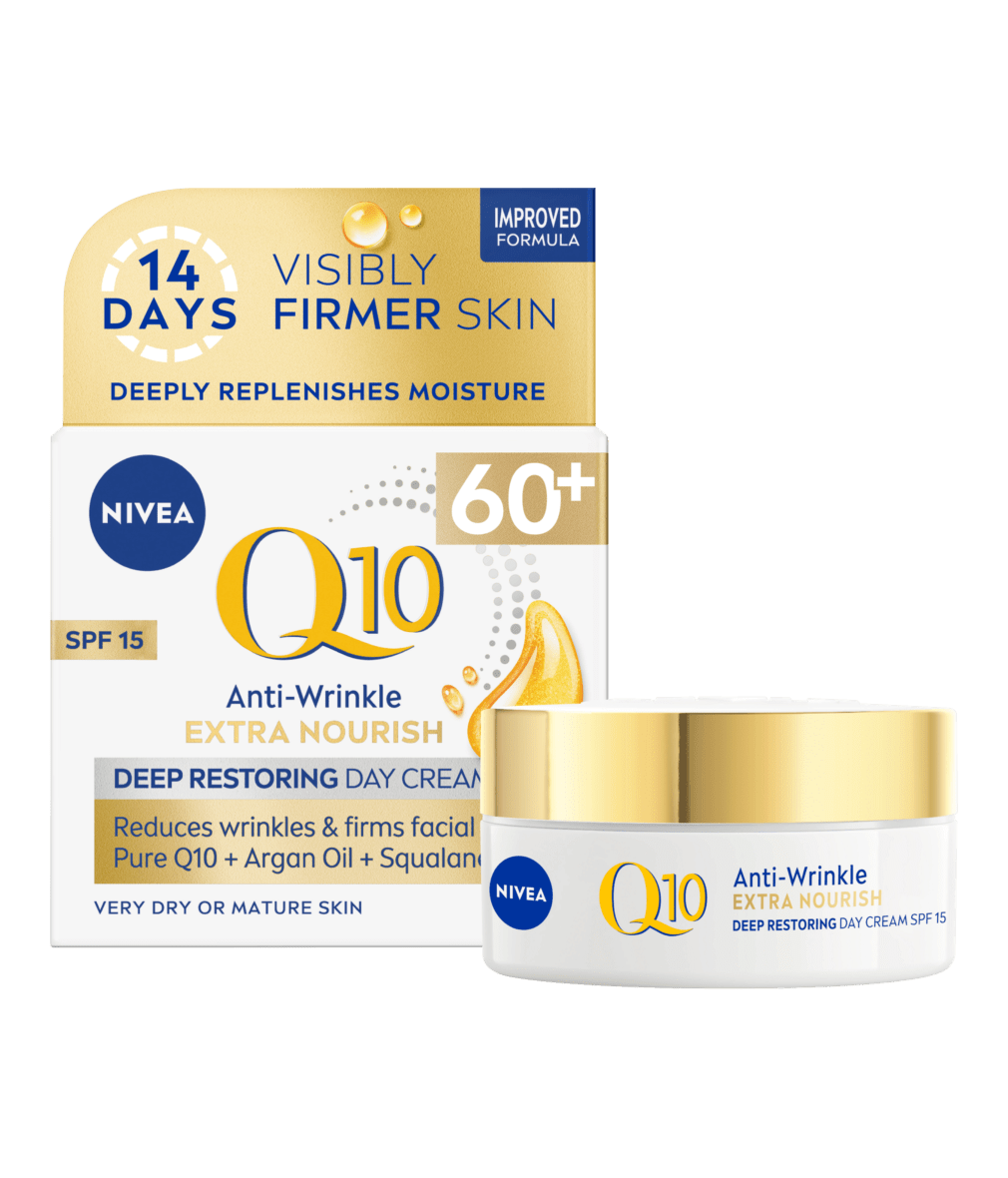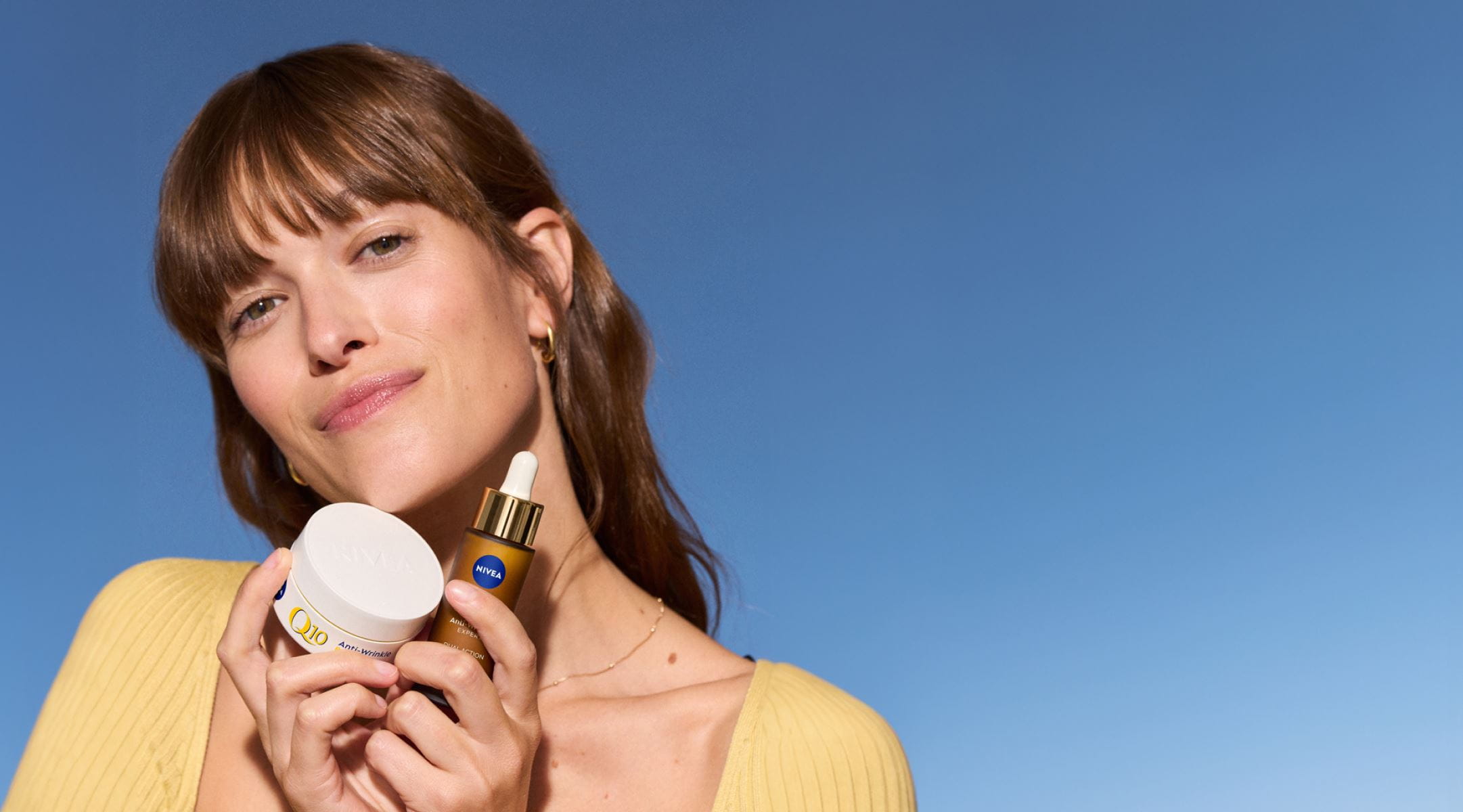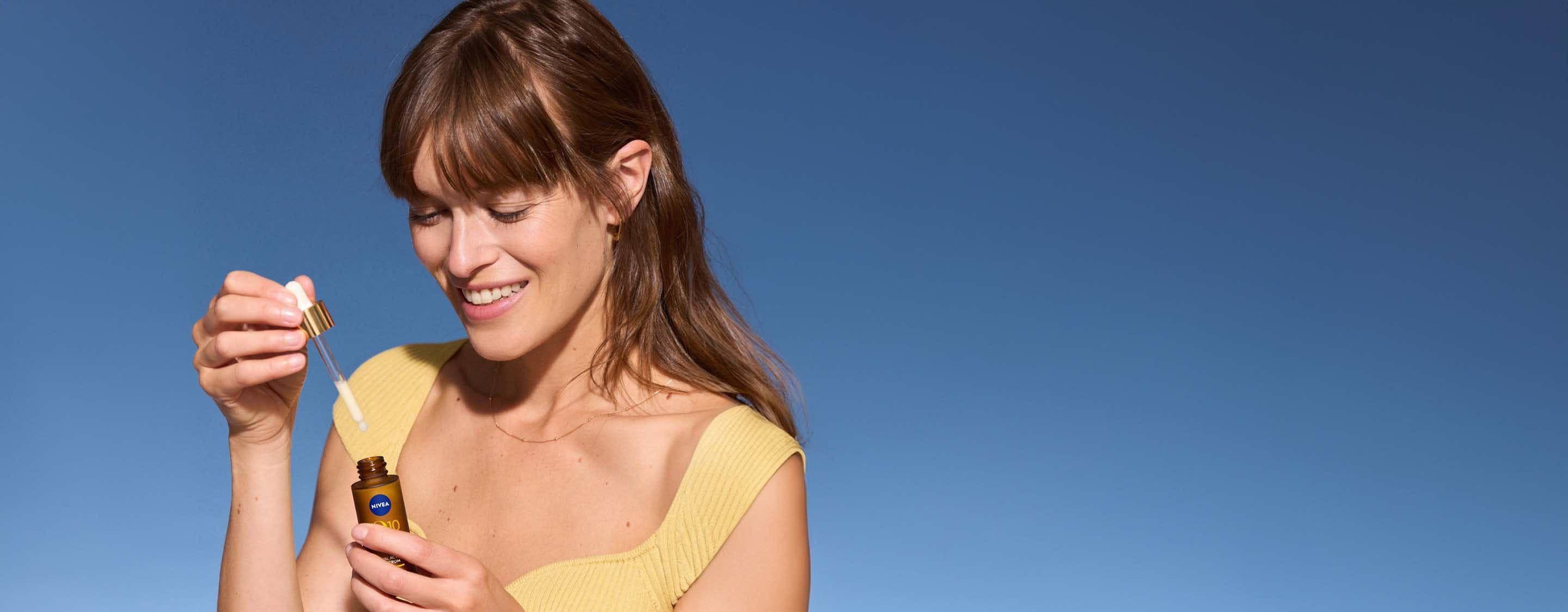
WHAT CAUSES SKIN AGEING AND HOW CAN IT BE SLOWED?
7 causes of skin ageing and 8 ways to slow it down
WHAT CAUSES SKIN AGEING AND HOW CAN IT BE SLOWED?
Ageing skin is an inevitable part of growing older – we will all begin to experience it at one point or another. However, the extent of skin ageing depends on a variety of factors, both biological and environmental - some within our control and some beyond. If you’ve ever wondered what those factors may be and how the skin ageing process can be slowed down or reversed, then read on to find out more.
WHAT CAUSES SKIN AGEING?
While this process is an inevitable part of growing older, there are both intrinsic and extrinsic factors that have an impact.
WHEN DOES SKIN AGEINg TYPICALLY BEGIN?
Although production of collagen begins to decrease from the early twenties onwards, the first signs of ageing such as fine lines and wrinkles tend not to appear until the mid-to-late twenties. The ageing process is gradual and typically occurs in stages.
After fine lines and wrinkles around the eyes and mouth, people may notice a loss of firmness as collagen and elastin production further slows.
Over time, this loss of collagen decreases overall skin volume, which is more noticeable around the age of 40. Progressing on to the 50s, you may begin to notice your complexion has dulled, and this is due to a decrease in cell turnover. With this, wrinkles may appear deeper and skin may feel drier to the touch. Areas that are more frequently exposed to the sun may experience hyperpigmentation or age spots.
DOES OILY SKIN AGE BETTER?
HOW CAN I HELP SLOW DOWN SKIN AGEING?
Now you may be wondering how to reverse ageing skin – and, while it isn’t entirely possible, there are ways to slow it down. Below are eight key steps to help slow down ageing and tightening skin:
ANTI-AGEING SKIN CARE
BUILDING AN EFFECTIVE ANTI-AGEING SKINCARE ROUTINE
Healthy, radiant-looking skin is within reach, but you’ll need an effective skincare regime to make it happen. NIVEA’s got you covered when it comes to trustworthy, science-backed ingredients with reliable results. You just need to maintain consistency when applying the products that work for you to make sure you get the best results that you can.
Using a gentle cleanser in the morning and at night gives your products the best chance of working effectively. The key ingredients of an effective anti-ageing skincare routine include:

